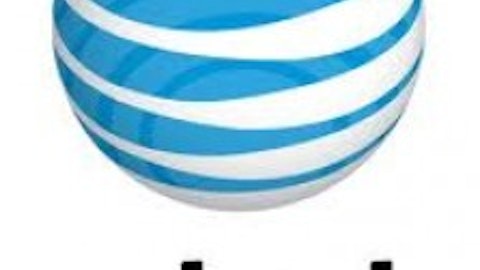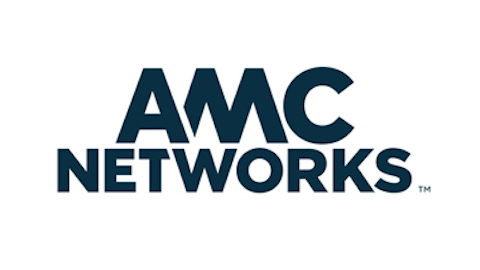According to a Form 4 filed with the SEC, Tom Carson directly purchased 15,000 shares of Rovi Corporation (ROVI), where he serves as President and CEO, on September 25th. The average price of the shares, which Carson bought in line with a 10b5-1 plan, was $15; the stock closed yesterday at $14.35, so investors have the potential to buy in at a lower price. Insider purchases tend to be bullish signs for a stock, with one possible explanation being that insiders’ expectations have to be particularly high in order to buy shares rather than investing their own money elsewhere and achieving better diversification. Learn more about studies on insider purchases and sales. While it is impossible to mimic every insider purchase, we like to track them to serve as a source of ideas. In early March, Carson had sold a little over 7,000 shares at prices of around $35, which was the stock’s high for the year (it is now down 42% year to date). It’s possible he judges that the stock has fallen to the point where it is now a good value.
We had reported in July that Glenview Capital had 7.9 million shares of Rovi Corporation in its portfolio, which gave it ownership of 7% of the company’s shares outstanding and triggered its own filing with the SEC. Glenview is managed by Larry Robbins, who was a trader at Omega Advisors. Find more stocks Glenview owned at the end of June. Mariko Gordon’s Daruma Asset Management increased its stake in Rovi by 50% during the second quarter to a total of 2.4 million shares (see more stock picks from Daruma Asset Management).
Rovi’s leading product is interactive program guides for televisions or other technologies for viewing video content. The company has been struggling this year: according to its 10-Q, in the first half of 2012 its revenue was flat from the same period last year but higher costs drove a $23 million net loss compared to a $6 million gain in the first six months of 2011. About half of that decline was caused by an increase in R&D, which could be considered more of an investment than an expense, but even accounting for that Rovi was unprofitable. Wall Street analysts believe that the $1.5 billion market cap Rovi Corporation will turn around next year, with consensus estimates of 2013 earnings implying a forward P/E of 7. That would make it a good value, but we are leery of investing in unprofitable companies and putting all our faith on the combination of sell-side earnings projections and insider buying.
Furthermore, it is possible that any improvement at Rovi would be a result of industry dynamics, which would drive up business at peer companies as well. TiVo Inc. (NASDAQ:TIVO) and Sony Corporation (NYSE:SNE) also provide interactive devices or software for consumer electronics, and are likely the best companies to compare Rovi to on this basis. These companies are apparently in even worse straits: currently unprofitable and, in the case of TiVo, not expected to be profitable in its next fiscal year (ending January 2014) either. Sony, meanwhile trades at 91 times forward earnings estimates meaning that analysts think it is a worse value than Rovi as well. While we don’t like Rovi on its own, it might be a better deal than these companies.
In the sense that Rovi acts as a portal to provide consumers with information about their entertainment options, we would consider Yahoo! Inc. (NASDAQ:YHOO) a peer, and given consumer patterns of consuming digital content we would also compare it to Comcast Corporation (NASDAQ:CMCSA). These companies are at least profitable, though they don’t have as much pure exposure to an industry-related upside that would benefit Rovi. Yahoo trades at 18 times trailing earnings and 14 times forward estimates, with the market generally ignoring the stagnant business and taking an optimistic line on Yahoo’s own potential for a turnaround. Comcast’s stock has barreled up 71% over the last year and its earnings were up 32% last quarter compared to a year ago. It is a bit pricy at a trailing P/E of 20, with further expected growth bringing its forward earnings multiple down to 16.






